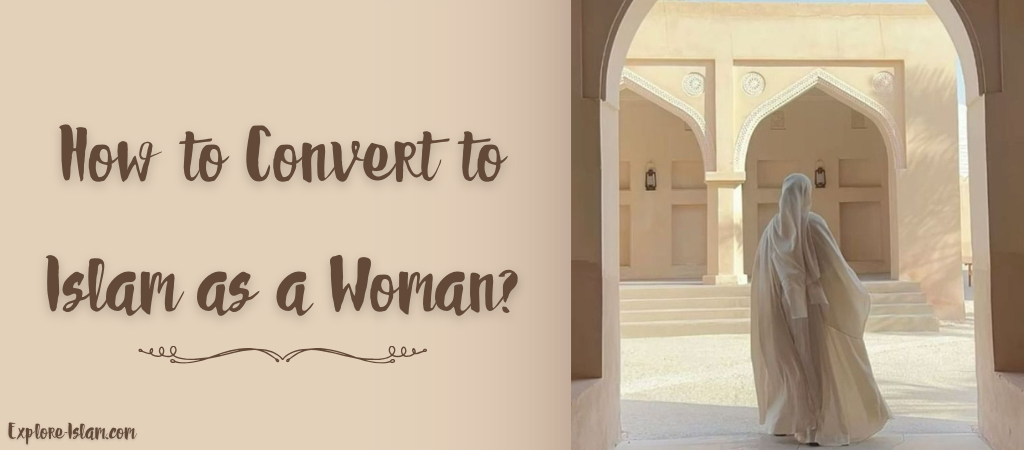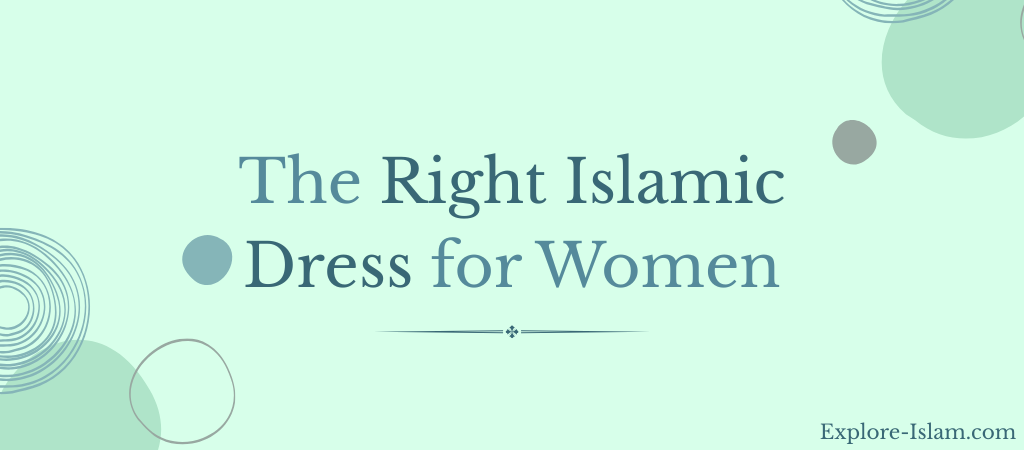In this article, we will discuss the state of Arabs before Islam, their conditions, religion, moral values, and many other aspects. Besides, we will highlight the influence of Islamic teachings on Arabs’ religious, political, and social life with illustrations.
Here we will learn the following:
- Arabs and Empires Before Islam
- Religion In Pre-Islamic Arabia
- Tribal Conditions of Arabs Before Islam
- Islam Solutions To Tribal Bigotry
- Moral Values Of Arabs Before Islam
- Slavery In Pre-Islamic Arabia
- Women In Pre-Islamic Arabia
- Ja’far Ibn Abi Talib Speech At Al-Najashi’s Court
- History Of Arabs Before Islam
Introduction | Arabs and Empires Before Islam
Arabs lived in the Arabian Peninsula for thousands of years. They were surrounded by great empires; such as the Roman (Byzantine) empire in the North West and the Persian empire in the North East. These empires had their own cultures and traditions that were far away from Arab’s knowledge or interests.
Arabs had their own traditions and way of life. They were scattered as tribes all over the Arabian Peninsula. They had high moral conduct yet suffered from some wrong attitudes and beliefs.
Islam came as an acknowledgment of Arabs’ good morals and a regulation of their false beliefs and wrong attitudes. In the following, we will discuss The Arab conditions before Islam and how Islam modulated them.
Religion In Pre-Islamic Arabia
Pre-Islamic Arabia had several false beliefs and religions. They were mainly polytheists and idol worshippers. They believed that idols are mediators between them and God.
This idol worship developed out of their extreme honor for some old statues of righteous people that led them by the years to their worship. Besides, it was due to their manifested ignorance as their most famous idols ‘Isaaf’ and ‘Na’ila’ were in fact two adulterers who were punished by God and turned into stones.
The Arabian Peninsula had some Jews and a few Christians who were far away from Mecca where the Islamic revelation first started. Only a few people remained on the pure monotheistic religion that God had sent to his previous messengers before Islam.
Islam came to eliminate false beliefs and retrieve God’s original monotheistic religion in the Arabian Peninsula and the whole world.
Tribal Conditions of Arabs Before Islam
In fact, Arabs didn’t have a united social or political system. However, they were scattered as tribes and each tribe refers to its own chief. Members of the same tribe have ultimate loyalty to their own tribe, leading them to tribalism and tribal bigotry.
It was narrated that a long war called ‘Al-Bassos’ lasted 40 years between different Arabian tribes due to the killing of a camel!
This repugnant tribal bigotry was a means of prejudice, injustice, and transgression over others’ rights. Arabs tended to stand for the oppressor just because of his relevant ancestry and tribal belonging.
Islam Solutions To Tribal Bigotry
Islam was very clear in preserving people’s rights and eliminating discrimination based on color, gender, ancestry, or even tribal belonging. God stated in the Quran that differences among people are good signs of God’s wisdom and power, and means of coming together and learning from one another. (Quran 30:22) (Quran 49:13)
Prophet Muhammad (PBUH) also said that no difference between Arabs, non-Arabs, white, or black except by righteousness and piety.
He said:
(Musnad Ahmad, vol. 5 pg. 411)
He taught Muslims to respect others no matter their race or color. It happened that one of the prophet’s great companions abused another of his mother’s language. The prophet blamed his companion and said this attitude is out of pre-Islamic ignorance. ( Sahih al-Bukhari 30)
The Islamic society was primarily based on brotherhood, fraternity, and belonging to one great Muslim community rather than several scattered tribal belonging. Muslim society consisted of different people from different tribes and backgrounds who were united under the umbrella of Islam. Even Jews and non-Muslims were safe in Muslim neighborhoods.
Moral Values Of Arabs Before Islam
Arabs were well-known for their high moral conduct and great principles. They were extremely generous, brave, intrepid, chivalrous, and truthful.
In Mecca, they bragged about the task of honoring the guests of the holy masjid. They also showed great bravery in defending their tribes and lands.
However, they also had some flaws in this aspect. They were hard drinkers and inveterate gamblers which was modulated through the Islamic revelation.
Islam acknowledged the high moral conduct of Arabs and enriched it. Prophet Muhammad (PBUH) said:
“I was sent to perfect good morality.”
(Al-Bukhari 273)
Islam gradually omitted Arabs’ bad habits and attitudes. For example, drinking was prohibited over a set of stages not at once.
Slavery In Pre-Islamic Arabia
Pre-Islamic Arabia suffered from widespread enslavement and had several slavery markets. There was an outright contempt for slaves which was greatly condemned by the Islamic revelation.
Islam modulated slavery and gradually restricted its occurrence. Islam urged Muslims to treat their slaves well and give them their complete rights as equal human beings. Islam condemned overloading slaves with difficult tasks and responsibilities.
Prophet Muhammad (PBUH) said:
“Your slaves are your brothers. Allah has placed them under your authority. He who has his brother under him, should feed him from whatever he eats, and dress him with whatever he wears, and do not burden them (assign a burdensome task to them) beyond their capacity; and if you burden them then help them.”
(Riyad as-Salihin 1360)
Islam made freeing slaves a great deed that is worth a great reward from Allah (SWT). Moreover, freeing slaves was an expiation of several sins in Islam.
Prophet Muhammad (PBUH) said:
“Any Muslim, who emancipates another Muslim man, Allah will set free from Hell Fire an organ of his body, for every organ of the other’s (i.e. from the body of the emancipated person ).”
(Al-Bukhari 2517, Muslim 1509)
Women In Pre-Islamic Arabia
Women were greatly insulted and oppressed by many Arabs before Islam. Islam was revealed in an era of female infanticide, forced marriage, adultery, women inheritance, and taking away rights. Yet, Islam solved women’s problems and made them equal in terms of their right to survive, choose whom to marry, get their full inheritance, and many others.
A. Women Infanticide In Pre-Islamic Arabia
In Arabia, the custom of killing female children was very common. A newly born baby girl was a subject of embarrassment and she was buried alive to avoid the shame of having her.
“And when one of them is informed of [the birth of] a female, his face becomes dark, and he suppresses grief.”
(Quran 16:58)
This was the reaction of Arabs at the time of ignorance before Islam, the son was preferred over a daughter.
The religion of Islam has strongly condemned this criminal practice. In Islam, both are considered a gift. God says in the Quran:
“To Allah belongs the dominion of the heavens and the earth; He creates what he wills. He gives to whom He wills females [children], and He gives to whom He wills males.”
(Quran 42:49).
Islam totally changed this attitude of parents towards their children and taught them how to equally treat them, irrespective of their gender.
In order to change this long-established attitude of parents, the Prophet (PBUH) said:
“He, who brought up two girls properly till they grew up, he and I would come (together) (very closely) on the Day of Resurrection, and he interlaced his fingers (for explaining the point of nearness between him and that person”
(Sahih Muslim 2631)
With the advent of Islam, the darkness of that era vanished and Allah enjoined kindness, love, and compassion towards girls. Taking good care of girls was encouraged. The process of their upbringing was given special attention in Islam. In fact, Islam has designated a special reward for raising them that is not granted for raising sons.
B. Marriage In Pre-Islamic Arabia
Before Islam, women were forced to marry whom she dislikes. However, Islam came to prioritize female opinion in such a critical, personal, and life-long decision.
Prophet Muhammad (PBUH) said:
“A woman who has been previously married should not be married until her permission is asked nor should a virgin be married without her permission.”
(Sunan Abi Dawud 2092)
Besides, a woman was considered a property of her husband, and once he dies she belongs to his heirs. However, in Islam, a widow stays only 4 months before being able to freely marry again if she wishes.
Read:
- Rules For Widows In Islam – A Widow’s Rights & Status In Islam
- Polygamy in Islam – Why Women Can’t Marry Four Men?
C. Women Inheritance in Pre-Islamic Arabia
Before Islam, women had no right to inherit their dead relatives. All property and money were given to male heirs rather than female ones. Islam came to give women the right to inheritance. In Islam, women inherited as males did, sometimes half, and sometimes more. It depends on the degree of the dead relative.
Read:
Ja’far Ibn Abi Talib Speech At Al-Najashi’s Court
Ja’far was one of the Muslim emigrants who migrated to Al-Habasha escaping Quraysh’s tribe torture in Makkah. When Al-Najashi (Al-Hbasha’s king) asked Muslims why they accepted Islam, Ja’far said on behalf of all Muslims:
“O King, we were a people in a state of ignorance and immorality, worshiping idols and eating the flesh of dead animals, committing all sorts of abomination and shameful deeds, breaking the ties of kinship, treating guests badly, and the strong among us exploited the weak. We remained in this state until God sent us a Prophet, one of our own people whose lineage, truthfulness, trustworthiness, and integrity were well-known to us. He called us to worship God alone and to renounce the stones and the idols which we and our ancestors used to worship beside God. He commanded us to speak the truth, to honor our promises, to be kind to our relations, to be helpful to our neighbors; to cease all forbidden acts, to abstain from bloodshed, to avoid obscenities and false witness; to not appropriate an orphan’s property nor slander chaste women. He ordered us to worship God alone and not to associate anything with Him, to uphold prayer, to give charity, and to fast in the month of Ramadan. We believed in him and what he brought to us from God and we follow him in what he has asked us to do and we keep away from what he forbade us from doing.…”
(Reference: Ar-Raheeq Al-Maktoum)
Conclusion | History Of Arabs Before Islam
Arabs before Islam were in a state of deep ignorance. They suffered from false beliefs, bad attitudes, and wrong practices.
Islam had modulated Arabs, acknowledged and enriched their good moralities, and eliminated their bad sides wisely through God’s revelation and Prophet Muhammad’s teachings.
In this article, we discussed some aspects of Arab flaws and how Islam dealt with and solved them. If you want to reach more of our interesting articles and get your questions about Islam answered, subscribe to Explore Islam blog now!
















